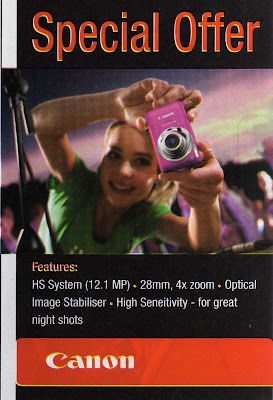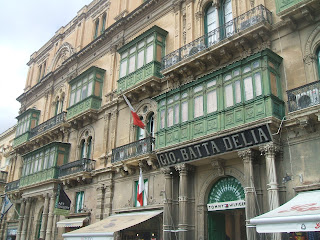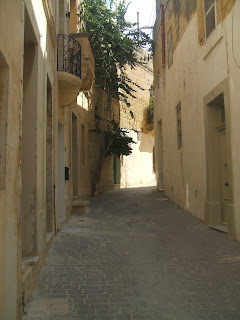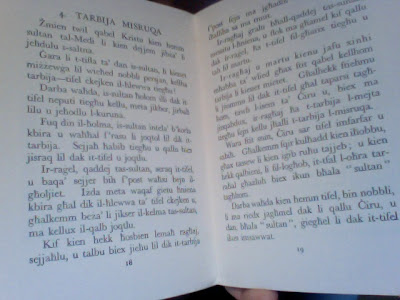I’m not a product development manager. I’m not a graphic
designer. And I’m certainly not a marketing guru. Yet somehow my activities are
very closely linked to theirs. As a translator, proofreader and copywriter,
you’re behind the scenes, trying to make their work even better, trying to adapt
it to the desired target audience. You feel responsible for launching their products
and services, for turning their efforts into a great success.
Unfortunately sometimes things go wrong. Texts are not
proofread by reputable translation agencies trying to cut costs. Marketing managers rewrite, rephrase and
mutilate the copywriter’s texts without having them checked again. Graphic
designers and printers don’t spellcheck ads to save time and money, or for
fear of being criticised by their clients.
Companies big and small seem to think it’s more important to
invest in form rather than in content. They couldn’t be more wrong. Imagine
this scenario: you sell expensive crystal vases. Your aim is to position your
business in the top-of-the-range end
of the market. You write a 50-word ad yourself, because you refuse to fork out
50 euros for a copywriter to do it for you. But you do hire a professional
photographer to shoot stunning photos of your vases. At a cost of a few hundred
euros. The result: your ad looks exactly the way you wanted it to look – it
exudes the air of luxury and elegance that you were after – but upon closer
inspection there’s something not quite right about the actual text. A spelling
error. Was it worth saving those 50 euros?
Not everyone will notice, that’s true. And not everyone will
care. Maybe you’re not too bothered yourself. However, don’t forget that many –
if not most – consumers will rely on your marketing material to forge an
opinion on your business. Their (I mean our)
reasoning: if they can’t even be bothered to proofread their own ads, what should
I expect from their customer service?
In marketing the importance of language is often overlooked.
Yet it’s one of the most fundamental aspects of this type of communication.
Language bridges the gap between a business and its customers. It illustrates
the company’s ability to convey its know-how. By language I mean spelling,
grammar, syntax, punctuation, the whole lot. No need for nitpicking, but
blatant errors should be avoided at all costs. And that’s where we come in!
Have fun trying to figure out what went wrong below!
 |
| A combination of English and German? |
 |
 |
 |
| Buy a tool... and get a free motoring school? That's what I call a good deal! But there's more... |






